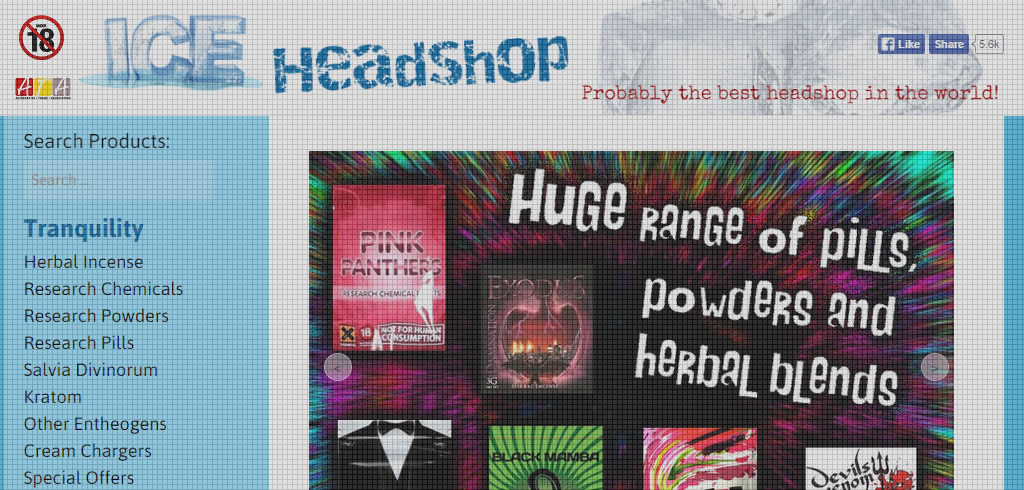The government has moved to ban so-called “legal highs” with the Psychoactive Substances Bill, but the legislation is unworkable and a dangerous opportunity for abuse by authorities.
“Legal highs” are big business in the UK, with thousands of young people using the myriad of substances each weekend, buying the substances online and avoiding the dangers of buying more traditional “illegal” drugs on the street.
Users of illegal highs not only have the benefit of avoiding getting arrested by the police, but more often than not the drugs are more pure and less likely to contain cutting agents, which range from talcum powder to rat poison. Due to their legality, the purchase of legal highs also does not help fund the criminal organisations with links to violent crime that dominate the illegal drug world because of the global prohibition.
Many of the legal highs are chemical compounds created in a lab with similar structures to those of marijuana or MDMA, with the sellers hoping that they will provide a similar high while skirting around current laws. They only exist because marijuana and MDMA are illegal despite having well studied properties and minimal side effects when compared to legal drugs like alcohol and tobacco.
We have pushed for a more science-based policy for drug laws in this country before, where only drugs found to have major negative health consequences should be banned, but the government’s blanket ban on “psychoactive substances” goes in the opposite direction.
There can be little better to describe a head-in-the-sand attitude than banning everything unless it is specifically exempt. And the drugs for which these exemptions will be put in place, such as alcohol and tobacco, have a proven negative health impact, but they are allowed because of “tradition”.
Almost everything we consume has some kind of psychoactive effect on our brains, from the caffeine in the morning cuppa, to the sugar in a glass of orange juice, to the carbohydrates, proteins, and fats of every meal. Is the government planning to exempt every complex carbohydrate molecule? if not then the food industry may find themselves accidentally breaking the law on a regular basis.
The blanket ban is obviously unworkable, but the real danger comes in how it could be applied. It gives the state a law a blanket license with which they can arrest and imprison almost anyone. Did you cook a meal for your family and friends last night? Well that’s distribution and supply of a variety of psychoactive substances right there in the food, and you could end up facing seven years in jail.
This scenario may sound ridiculous, and it is, but that is the situation we face with such broad legislation that tries to ban everything, including the unknown. The law may sound positive to some under the guise of “protecting our children” from the dangers of untested drugs, but in reality its exceptionally broad guidelines could easily be abused and have a far more detrimental impact on our society than the drugs themselves.
[note background=”#FFFFCC”]More information on legal highs:NHS Choices
Talk to Frank[/note]




